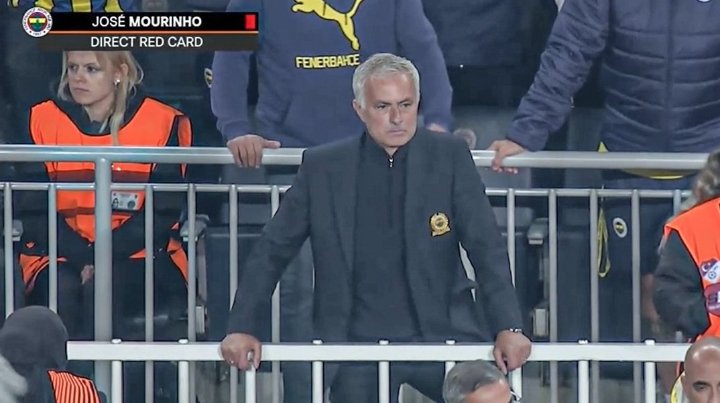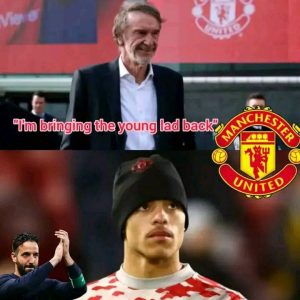Mourinho, known for his candid views on player performance, expressed frustration with what he perceived as a lack of effort and quality from these players. In a recent statement, he suggested to Manchester United’s current manager, Erik Ten Hag, that it might be time to bench these underperformers in favor of more reliable alternatives, particularly given the competitive nature of both the Premier League and international tournaments this season.
According to Mourinho, sidelining these players could send a strong message, pushing them to improve by observing and learning from their more experienced teammates.
Mourinho’s comments follow a pattern of his direct style, often holding players accountable to their fullest potential. He emphasized that no player, regardless of talent or star status, should feel secure in their starting position if they are not delivering results. In his view, competition for places should drive every player to perform at their best; those who fall short, he believes, should sit out until they can prove their readiness. “Allowing the same players to start despite their lack of commitment sends the wrong message to the team,” Mourinho argued. “Sometimes, taking a step back is what young players need to learn resilience and understand the standards expected at a club of this level.”
This outspoken advice has ignited discussions among fans and analysts, especially given Mourinho’s history with Manchester United and his reputation as a seasoned coach. While Mourinho left the club several years ago, his connection to United and his experience in managing some of the top clubs worldwide lend weight to his opinions.
Many supporters agree with his assessment, feeling that United’s lackluster performance against Fenerbahce exposed a need for strategic adjustments, especially in the defense and midfield positions. They argue that Ten Hag should consider shaking up the squad to reignite a sense of urgency and determination.
On the other hand, some analysts caution against Mourinho’s hardline stance, suggesting that benching younger players could impact their confidence and long-term development.
They note that Ten Hag has been working to build a cohesive, balanced squad and has shown an inclination toward nurturing younger talent, a strategy that might be disrupted by abrupt changes.
Moreover, critics argue that Mourinho’s advice could place undue pressure on Ten Hag to adopt a more aggressive rotation policy, which might conflict with his current team-building approach.
Erik Ten Hag has yet to publicly respond to Mourinho’s comments, but his reaction could signal whether he will take the advice seriously or continue with his own vision for the club.
Many anticipate that Ten Hag may strike a middle ground, potentially giving younger players more structured support and mentorship from veterans rather than benching them outright.
Some speculate that United’s next match lineup could provide insight into Ten Hag’s response, as any significant changes might hint at his consideration of Mourinho’s perspective.
Manchester United is currently facing an uphill battle, not only in terms of their performance in European competitions but also in the Premier League, where they have struggled to find consistent form.
Mourinho’s comments add pressure to an already tense atmosphere at Old Trafford, but they could also serve as a wake-up call for both the players and the coaching staff. For United fans, the hope is that Ten Hag’s decisions in the coming matches will address the issues exposed in recent games while maintaining a balanced approach to player development and squad dynamics.
As the season progresses, Mourinho’s advice could serve as a reference point for Ten Hag, potentially shaping his strategy and sparking a renewed sense of determination within the team.






